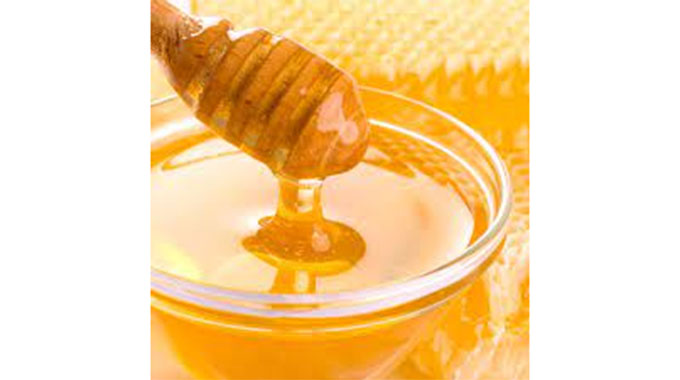Nyanyadzi honey cluster eyes export markets

Tariro Stacey Gatsi
AMID the rising global demand for healthier food alternatives that has created more market opportunities, Nyanyadzi Honey Cluster looks set to seize the chance and is on the verge of achieving organic certification.
The National Trade Development and Promotion Organisation (ZimTrade) does the organic certification as part of its clusters’ development programme under the drive to integrate rural communities into the mainstream export business.
In its February 2024 newsletter, ZimTrade revealed that it was working Nyanyadzi Honey Cluster to source markets.
“The cluster was established to assist producers in Nyanyadzi to be export-ready and start exports of honey and honey products before the end of 2024.
“The cluster development programme identifies honey, as one of the products that can anchor rural industrialisation in Zimbabwe. The Nyanyadzi Honey Cluster has been the centre of apiaries in the Manicaland Province with a potential outreach of approximately 1 000 local small-scale beekeepers,” read the newsletter.
The main assistance that ZimTrade has channelled towards the cluster has been the organic certification registration, which will see the cluster unlocking new markets both in the region and international markets.
“For the organic certification, 100 farmers in total will pioneer the project, with a total of 4 790 bee hives in the Chikwizi, Chikwakwa, Gudyanga and Nyanyadzi areas undergoing the certification process,” said the newsletter.

In a related development, the manager of Chimani Delights Private Limited company, which buys and processes honey from farmers, Mr Moses Chimedza they were working hand in glove with bee farmers and value adding honey by making various products.
“The entire production process, from raw to processed honey is done using ethical and safe methods. After processing honey, we value-add the secondary material to make bees wax, lip gloss and lotion.
“We provide honey that is free from chemicals and other residues. We are currently in the process of attaining organic certification, which will help us to reach more buyers on the global market,” added Mr Chimedza.
According to an online publication by Bee Culture, the current level of honey production in Zimbabwe is estimated at 70 000 litres per year from nearly 16 000 bee farmers across the country.
The price of honey varies depending on the quality, packaging, and demand with the retail price range for Zimbabwe natural honey ranging between US$ 7, 89 and US$ 14, 80 per kilogramme.
Meanwhile, the Government has also been actively equipping bee farmers in rural areas with skills on productive bee keeping.
In a recent X (formerly twitter) post, Manicaland Minister of State for Provincial Affairs and Devolution Advocate Misheck Mugadza revealed that he had attended a bee hive making, bee keeping and honey making gala in Mutasa South Constituency.
“Over 70 participants got equipped with skills by trainers from the Forestry Commission. At least 2 000 people are expected to undergo the training and each trainee is expected to make at least ten hives to kick-start their projects,” said Adv Mugadza.
For Zimbabwe to become a significant player in the export of natural honey, there is need to improve infrastructure and adopt modern hives that have a longer shelf life than the traditional ones being used by some farmers, he observed.
Forestry Commission’s Information and Communications manager Ms Violet Makoto said their commitment to community empowerment and environmental sustainability had been demonstrated through partnerships with local stakeholders, including Allied Timbers, which provided bee hives. The collaboration has allowed the implementation of comprehensive bee keeping training programmes, equipping participants with the necessary skills to engage in bee hive making, she added.
“As the Forestry Commission rolls out bee keeping projects in communities, particularly rural areas, we recognise that such projects provide a good incentive towards forest conservation,” said Ms Makoto
Bee keeping has proved to be an ideal livelihood enhancement option, which has the positive effect of providing an income stream for communities in both urban and rural communities through sale of honey and its by-products like beeswax, propolis and royal jelly.










Comments